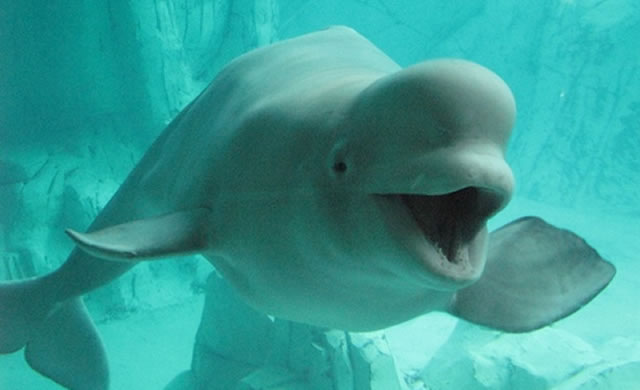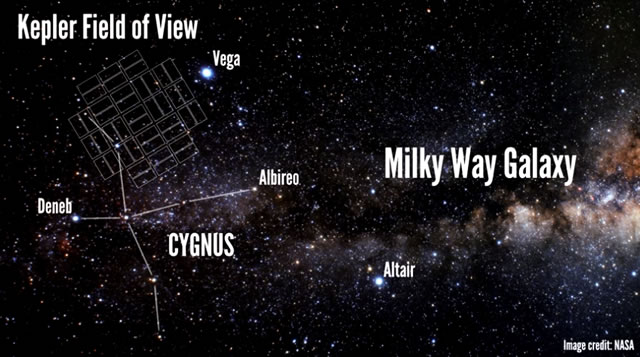
E’ un caso che pare unico nel regno animale: una specie che può e vuole imitare i suoni del linguaggio umano e non dopo un percorso di apprendimento, ma di propria spontanea volontà. E’ il caso dei beluga, le balene bianche.
IL SUB E LA BALENA – «Chi mi ha chiesto di uscire?» chiese il sub riemergendo dalla vasca dove stava nuotando. Nessuno. O meglio: qualcuno aveva effettivamente parlato, ma non era stato uno dei suoi compagni umani. Era Noc, una balena bianca. Sono passati tanti anni da quel giorno, tanti anni di studio, che ha confermato ciò che quel sub udì: le balene bianche possono emettere vocalizzazioni che imitano i suoi umani, e lo fanno spontaneamente quando decidono loro. Noc quel giorno aveva ripetutamente imitato il suono «Out!», «Fuori!» udito dal sommozzatore. Non era la prima volta che scienziati che si occupano di questi cetacei li sentivano emettere suoni che assomigliavano a quelli umani, in mare aperto o negli acquari. Per la prima volta, però, è stato possibile condurre uno studio così approfondito. I risultati di anni di ricerca e registrazioni da parte degli scienziati della National Marine Mammal Foundation di San Diego sono ora stati pubblicati nella rivista scientifica Current Biology.
Fonte/Leggi tutto → Corriere.it
Although dolphins (Tursiops truncatus) have been trained to match numbers and durations of human vocal bursts and reported to spontaneously match computer-generated whistles, spontaneous human voice mimicry has not previously been demonstrated. The first to study white whale (Delphinapterus leucas) sounds in the wild, Schevill and Lawrence wrote that “occasionally the calls would suggest a crowd of children shouting in the distance”. Fish and Mowbary described sound types and reviewed past descriptions of sounds from this vociferous species. At Vancouver Aquarium, Canada, keepers suggested that a white whale about 15 years of age, uttered his name “Lagosi”. Other utterances were not perceptible, being described as “garbled human voice, or Russian, or similar to Chinese” by R.L. Eaton in a self-published account in 1979. However, hitherto no acoustic recordings have shown how such sounds emulate speech and deviate from the usual calls of the species. We report here sound recordings and analysis which demonstrate spontaneous mimicry of the human voice, presumably a result of vocal learning, by a white whale.
Source/Continue reading → www.cell.com
Leggi anche/Read also: Test decodes dolphins’ math skills – I delfini: intelligenza matematica!





















